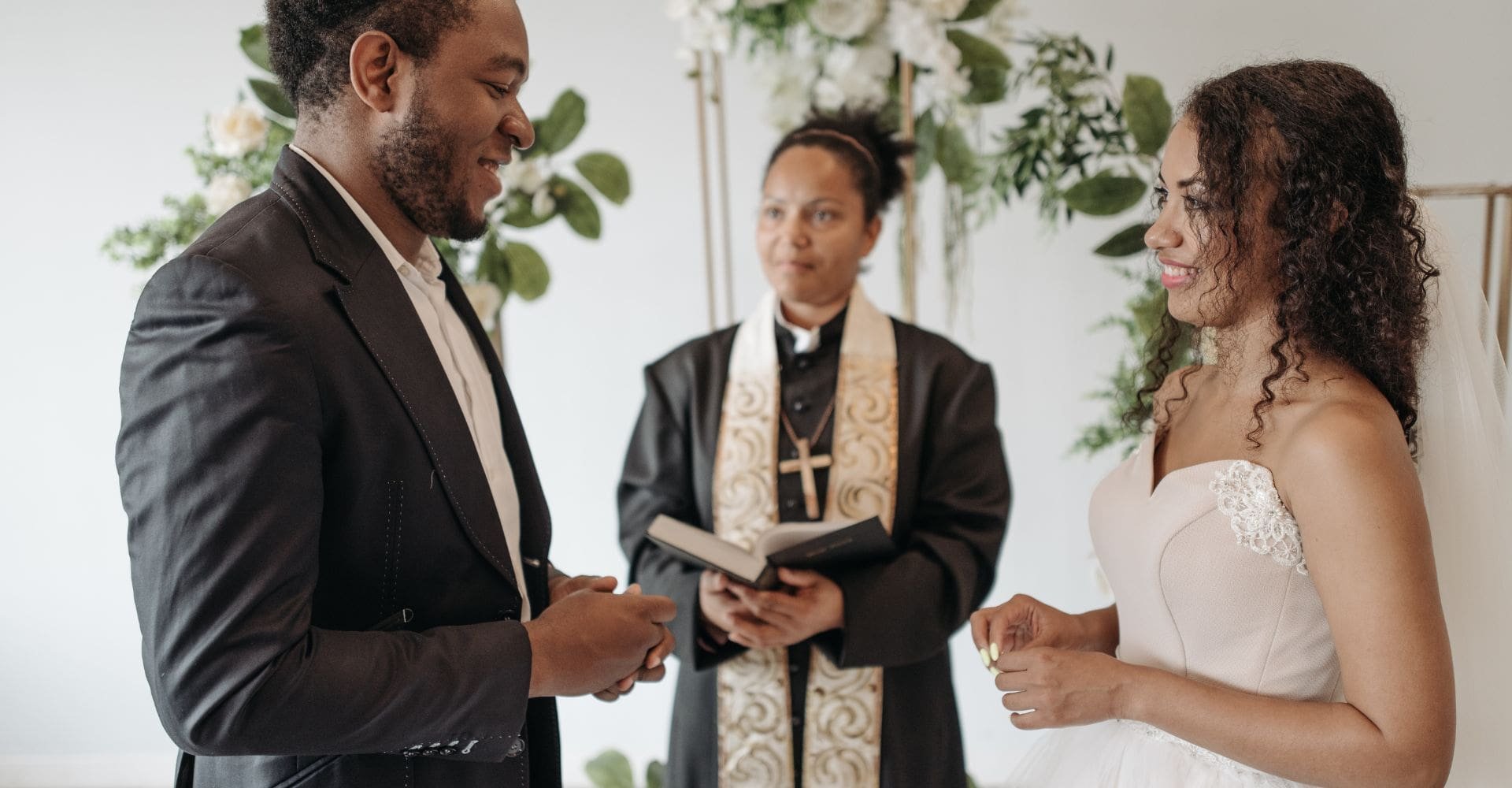Can I Officiate My Own Wedding?
Getting married is a deeply personal experience, and many couples want their ceremony to reflect their unique love story. But what if you want to officiate your own wedding? Is that even possible? The short answer is: Yes, but it depends on where you live. Some states in the U.S. allow self-solemnization, meaning you can legally marry without an officiant. However, other places require a licensed officiant or witness to make it official.
What Does It Mean to Officiate Your Own Wedding?
Self-officiating (or self-solemnization) means you and your partner legally marry each other without an officiant. Instead of having a minister, judge, or friend conduct the ceremony, you declare your own vows and sign the marriage license yourselves. This is ideal for couples who want: a private, intimate ceremony, an elopement without outside involvement, a deeply personal wedding experience, or to skip religious or government-appointed officiants. Before you plan your self-officiated wedding, it’s crucial to check your state’s laws!
In the U.S., some states allow couples to officiate their own marriage legally, while others require an officiant or witness. These states allow you to legally marry yourselves without an officiant: Colorado, Pennsylvania, Wisconsin, Washington, D.C., Illinois (but only for Quakers or certain religious groups), Nevada (with special paperwork). In most other states, you need an ordained officiant, judge, or at least one witness to sign the marriage license.
If your state doesn’t allow self-officiation, consider:
Getting legally married in a self-solemnizing state (like Colorado)
Having a friend or family member officiate (they can get ordained online)
Holding a symbolic ceremony and handling the legal paperwork separately
If you value intimacy, independence, and personalization, officiating your own wedding is a beautiful way to say "I do." Just be sure to check your state’s marriage laws before making it official.
How to Officiate Your Own Wedding
If you’re in a state that allows self-solemnization, here’s how to make it official.
Step 1: Get Your Marriage License
Visit your county clerk’s office and request a self-solemnization marriage license.
Bring identification (driver’s license, passport, etc.).
Pay the marriage license fee (varies by state).
Step 2: Plan Your Ceremony
Even though there’s no officiant, you can still have a meaningful ceremony. Consider:
Writing personal vows
Playing your favorite music
Choosing a scenic or meaningful location
Hiring a photographer or videographer
Step 3: Sign & File the Marriage License
After you say your vows:
You and your partner sign the marriage license as your own officiants.
Submit the completed license to the county clerk’s office.
That’s it! You’re officially married! If you value intimacy, independence, and personalization, officiating your own wedding is a beautiful way to say "I do." Just be sure to check your state’s marriage laws.
Whether you want to self-officiate (which is allowed in Pennsylvania) or not, Historic Acres of Hershey is a beautiful wedding and event venue, perfect for intimate gatherings, set amidst the rolling hills in the Pennsylvania countryside. Contact our team to learn more or to schedule a tour.

